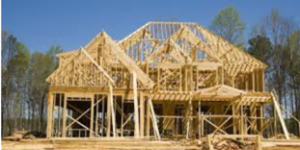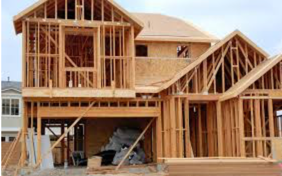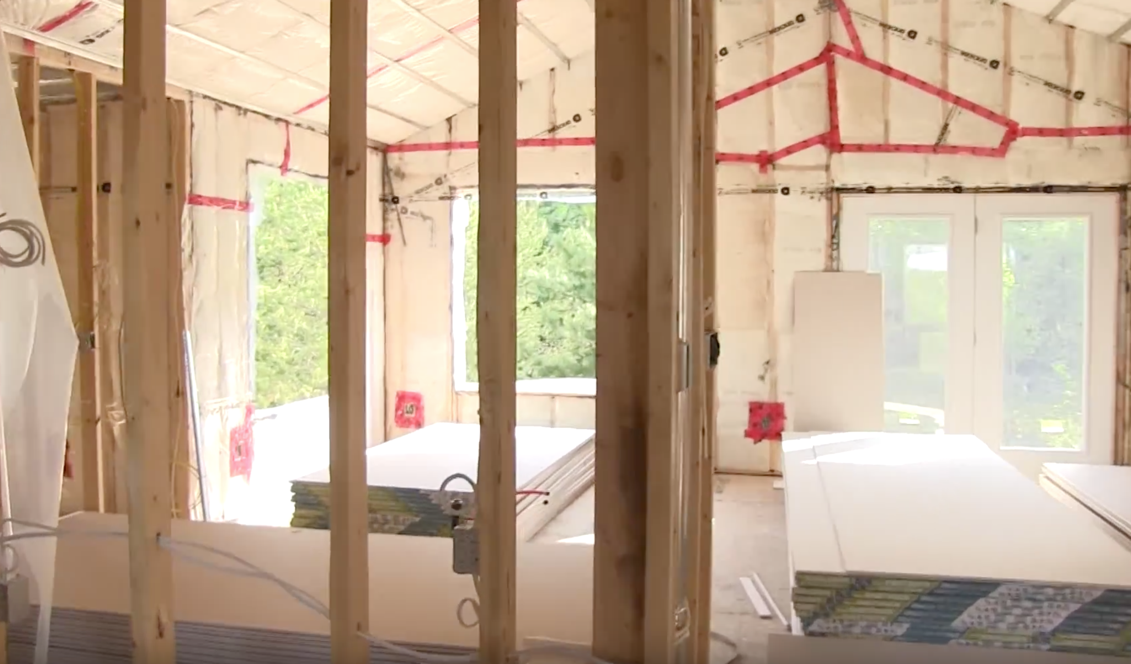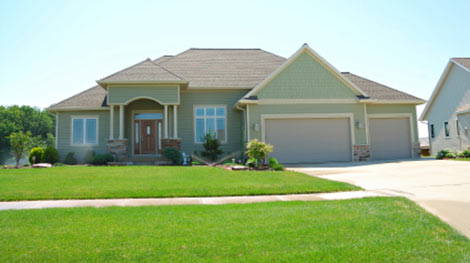CUSTOM HOME BUILDING – PART 8: DETERMINE WHAT
TYPE OF CONTRACT YOU ARE ENTERING INTO
In residential construction there are typically two different types of contracts with builders – fixed price (sometimes also called “lump sum”), or alternatively, “cost plus”, contracts. Understanding what type of construction contract your builder is proposing should facilitate the construction process.
Typically, in a fixed price contract, the builder has agreed to provide a completed home for a fixed price, regardless of whether the builder’s costs are lower or higher than the price identified. Alternatively, in a “cost plus” contract, the builder has agreed to provide a completed home for the “costs”, and an override component – the “plus”.
Generally speaking, a “cost plus” contract places more risk on the owner, and less on the contractor, since the contractor is not assuming the risk that the cost of construction exceeds a fixed price amount. As such, in a “cost plus” contract generally the owner should ask additional questions of the builder in an effort to minimize misunderstanding and the risk of unanticipated expenses later.
Define “costs”. Try to get the builder to limit the “cost” component to hard labor and material costs, and to exclude “soft”, intangible or other costs, such as home office overhead, field office overhead, superintendent fees, mileage/gasoline, insurance, permitting fees, warranty work, costs associated with redoing defectively installed work, etc.
Define “plus”. Try to get the builder to commit to a specific percentage that will be added on top of “costs” as the “plus”, and ask him or her to explain how the “plus” will be calculated. I have run into builders that calculate the “plus” by the “retail margin method”, as follows. Let’s say an item costs $100.00. Using the “retail margin method”, and assuming the builder told you the “plus” was 12%, this calculation would be $100 ÷ .88 = $113.64, not $112.00. While in this example the difference is minimal, over the life of the project the “retail margin method” could yield a substantially larger “plus” than the standard $100 x .12 = $112. 
Also ask the builder what items to which the “plus” will attach; for instance, will the “plus” be added to the calculation of your allowance budgets and overages and change orders? For instance, let’s say the builder provides in his bid a $20,000.00 allowance budget for appliances. If you select appliances that cost $25,000.00, will the “plus” be added on to this amount? Will the “plus” be added to a change that costs the builder $1,000.00.
Understanding why type of contract the builder proposes, and then asking questions, should facilitate the construction process and minimize misunderstanding later.



